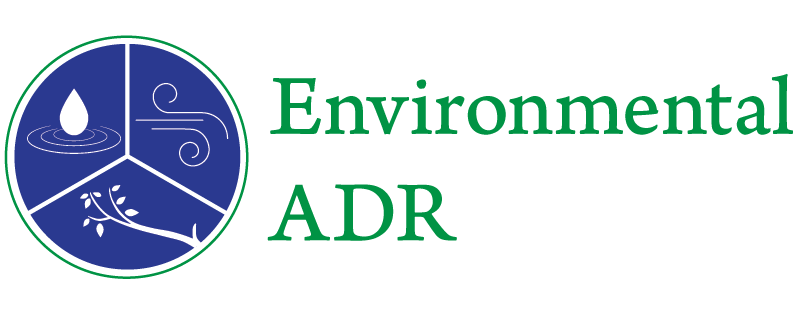 Last weekend, I attended an excellent conference presented by the ABA’s Toxic Tort and Environmental Law (TTEL) section. I was there to participate in a panel on negotiating toxic tort and environmental settlements and found the conference as a whole to be quite worthwhile. I have attended many legal conferences in my career but this was one of the very best.
Last weekend, I attended an excellent conference presented by the ABA’s Toxic Tort and Environmental Law (TTEL) section. I was there to participate in a panel on negotiating toxic tort and environmental settlements and found the conference as a whole to be quite worthwhile. I have attended many legal conferences in my career but this was one of the very best.
The conference is the work product of a unique committee, which brings together practitioners with both environmental and toxic tort specialties. Most other committees that I am familiar with focus on one area or the other. I believe these two areas of the law belong together because there is more overlap in substance and skill than there are differences.
The combination of disciplines made for variety in the programming that ranged from developments in applicable science and law, to emerging practice areas, to the effectiveness and ethics of social media, to the needs and wants of in-house counsel. I found the panel of in-house counsel particularly interesting, because so much of what in-house lawyers identified as essential to their mission, can be readily accomplished by increasing the reliance on mediation and other ADR processes to resolve environmental disputes.
I was also struck by a common misconception articulated by many of the plaintiff side lawyers in attendance, who questioned the usefulness of ADR in mass settlements, on the grounds that such systems are designed to address claims that fall within an “average” zone, but fall short when it comes to resolving more substantial or outlier claims. But as I have written in previous blog posts, introducing the concept of tiers into a comprehensive ADR scheme, enables the parties to opt into alternate tiers with correspondingly different requirements to resolve varying types and potentially higher value claims.
On the whole, the panels were balanced, professional and collegial. The conference ran like clockwork, thanks to the preparedness of the presenters and the conference organizers. I learned a lot and plan on being there next year. Check out their website to see if you might be interested too.

 Two recent mediations vie for entry into the pantheon of failed mediations. They both suffered from the similar flaws in which one or more parties appeared with no authority to contribute to a joint financial settlement. Both cases were set up as cost sharing negotiations and were briefed as such . . . or maybe they weren’t . . .
Two recent mediations vie for entry into the pantheon of failed mediations. They both suffered from the similar flaws in which one or more parties appeared with no authority to contribute to a joint financial settlement. Both cases were set up as cost sharing negotiations and were briefed as such . . . or maybe they weren’t . . . What Is the Added Value of the Mediator In Getting Cases Settled? It is important to note that mediation is a tool that can help in some but not all cases. Lawyers and clients settle cases everyday without the assistance of a mediator. Clearly, mediation is not warranted in those cases and is not intended to replace what lawyers do well on their own. In fact, most cases reach resolution in this way, and that is a very good thing.
What Is the Added Value of the Mediator In Getting Cases Settled? It is important to note that mediation is a tool that can help in some but not all cases. Lawyers and clients settle cases everyday without the assistance of a mediator. Clearly, mediation is not warranted in those cases and is not intended to replace what lawyers do well on their own. In fact, most cases reach resolution in this way, and that is a very good thing.



